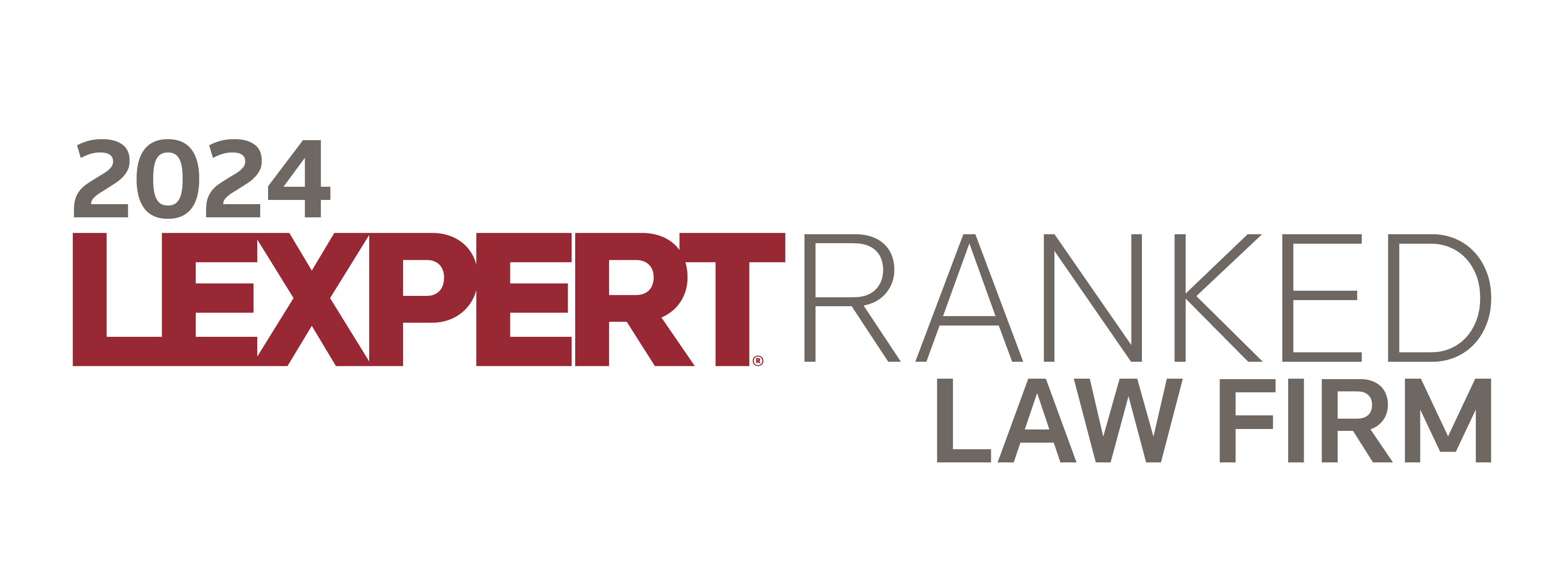Bill 177, The Insurance Act (Saskatchewan) (the “Act”), received Royal Assent on May 14, 2017 and is expected to replace the century-old Saskatchewan Insurance Act in the spring of 2018. According to Justice Minister and Attorney General Gordon Wyant, the new Act will not only modernize insurance law in the province but will also increase consumer protection and help to harmonize insurance legislation in the Western provinces. On June 22, 2017, the government of Saskatchewan released The Insurance Regulations (the “Regulations”) which provide more guidance on how the new Act will affect the insurance industry.
- Third Party Administrators
Of particular interest in the Act and its Regulations are new rules regarding a class of insurance intermediaries known as third party administrators (“TPA” or “TPAs”). The Regulations define a TPA as:
…a business that, for compensation, carries out activities to administer a contract of insurance on behalf of an insurer, other than solely clerical activities, but does not include a business that is licensed as an insurance agent or managing general agent;
When describing the licensing requirements for insurance intermediaries, Section 5-8 of the Act states:
No business or insurer shall act or offer to act as a third party administrator with respect to a class of insurance unless the business or insurer holds a valid third party administrator’s license for that class of insurance.
Sections 5-11 to 5-14 of the Act describe the process and form of application that is required in order to obtain a license, and detail the circumstances in which the Superintendent of Insurance (the “Superintendent”) may issue a license. Section 5-15(d) lists the categories of TPA’s licenses that may be issued, which include life insurance, accident and sickness insurance, and property and casualty insurance. The Act specifies that a copy of the contract between the TPA and the insurer must be filed along with the application for a TPA’s license, and the Superintendent has the right to require applicants or holders of a TPA license to submit “any other information or material” that the Superintendent requests.
- Designated Representatives
In addition to setting out a licensing scheme for TPAs, the Act will require every business that is licensed as a TPA for a required class of insurance to assign an individual as a designated representative for that class of insurance. Section 5-20(1) of the Act states that “required class of insurance” means life insurance or property and casualty insurance, and the Regulations add that for the purposes of this section, accident and sickness insurance is included in the meaning of life insurance. According to the Act, the designated representative of a TPA must be someone who:
(a) is licensed in that required class of insurance;
(b) meets the prescribed requirements; […] and
(d) is responsible for receiving notices and other documents on behalf of the…third party administrator pursuant to this Act and for carrying out any other prescribed duties.
For TPAs licensed under the life insurance or accident and sickness insurance classes, the prescribed requirements are that the designated representative must: be an individual; meet the education and experience requirements described in the bylaws of the Life Insurance Council of Saskatchewan for licensed life agents that are able to supervise other life agents; and be recommended by the insurer that has entered into the contract with the TPA. Therefore, these individuals must have successfully completed the Life Licensing Qualifying Program course and examination and have at least three years of experience as a licensed agent or salesperson.
The requirements are similar for TPAs licensed under property and casualty insurance classes, with the difference being that the education and experience requirements that have to be met by designated representatives are described in the bylaws of the General Insurance Council of Saskatchewan for individuals who are able to manage a business as a licensed agent. These individuals need a Level 3 All Classes other than Life Agent license and at least two years of experience as a licensed agent or salesperson.
- Concerns over TPA Licensing
In a feedback letter to the proposed Act, the Canadian Association of Financial Institutions in Insurance (“CAFII”) recommended that the provisions relating to licensing of TPAs be removed from the Act entirely, since any risks relating to TPAs are already in the hands of heavily regulated entities such as restricted insurance agents or insurers. CAFII also pointed out that the language “any other information or material” in relation to what can be requested by the Superintendent may be too expansive, and additionally expressed some concern over the potential complexity and costs of the licensing requirements. However, as evidenced by the Regulations and newest version of the Act, these recommendations were not followed by the Saskatchewan legislature.
The broad definition of TPA along with the regulatory scheme outlined by the Act indicates that many third parties that previously did not require licensing will now be captured under its provisions. Although this may be viewed by some as a welcome feature in terms of consumer protection, as the Act gives Saskatchewan more tools with which to regulate the insurance industry, the somewhat invasive requirements of the licensing process could potentially be of concern to parties wishing to shield the proprietary and confidential information found in their contracts. Furthermore, the additional costs that are likely to be incurred by TPAs and insurers in order to meet the licensing and designated representative requirements may possibly end up costing consumers in the form of more expensive policies.

